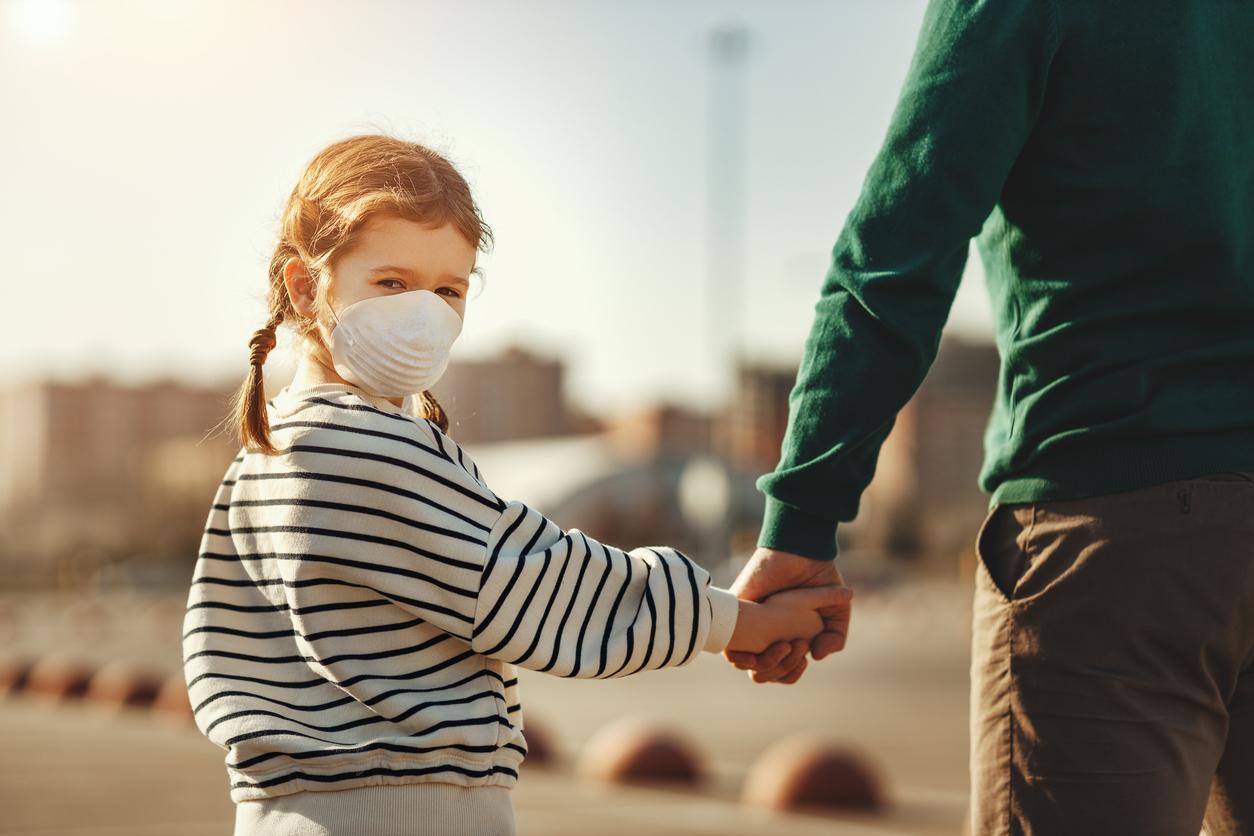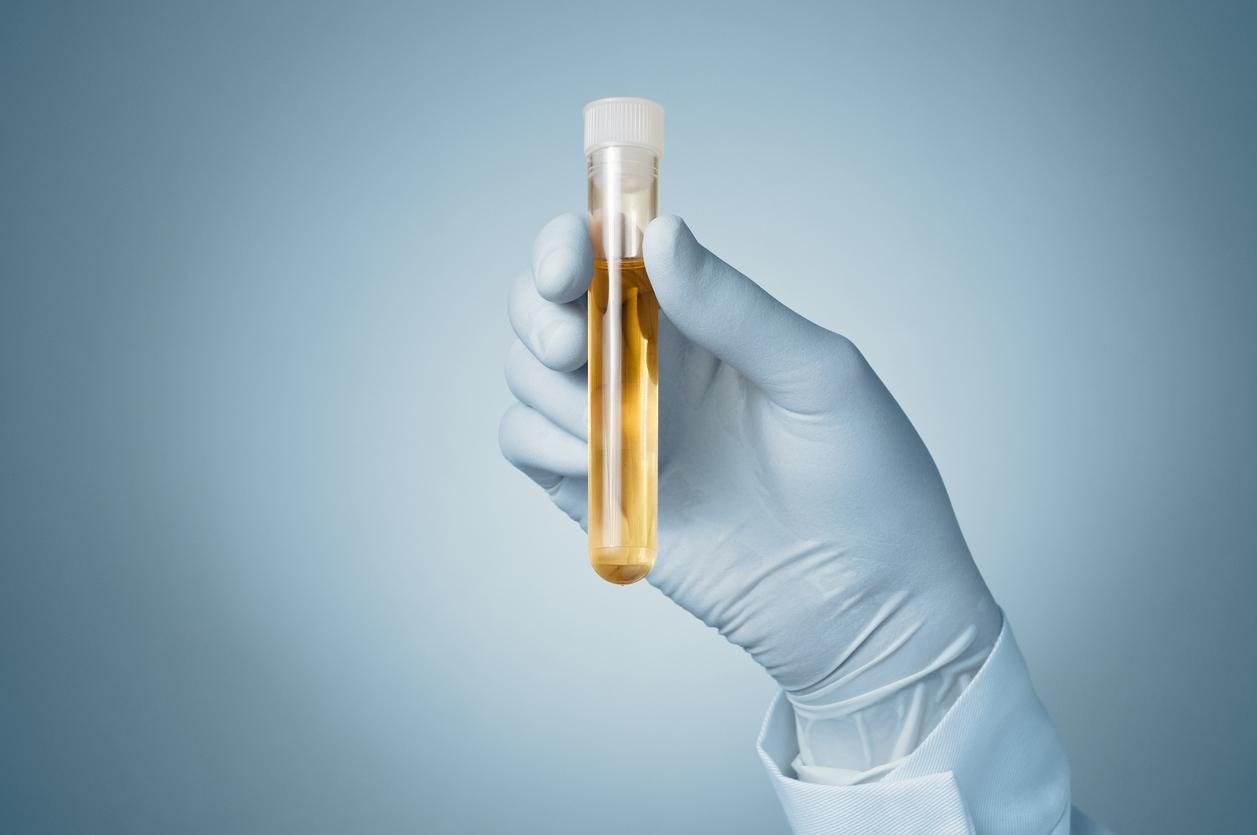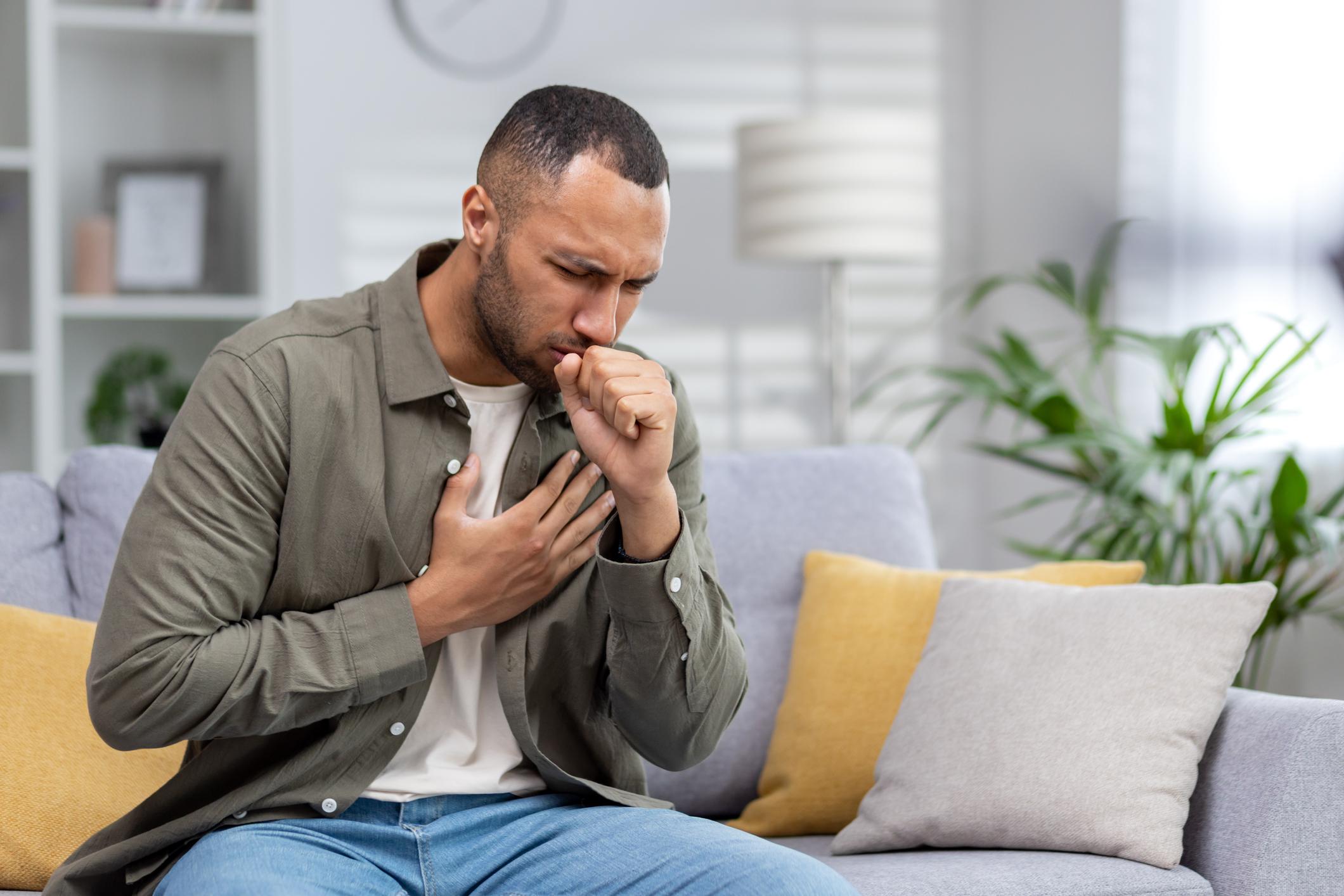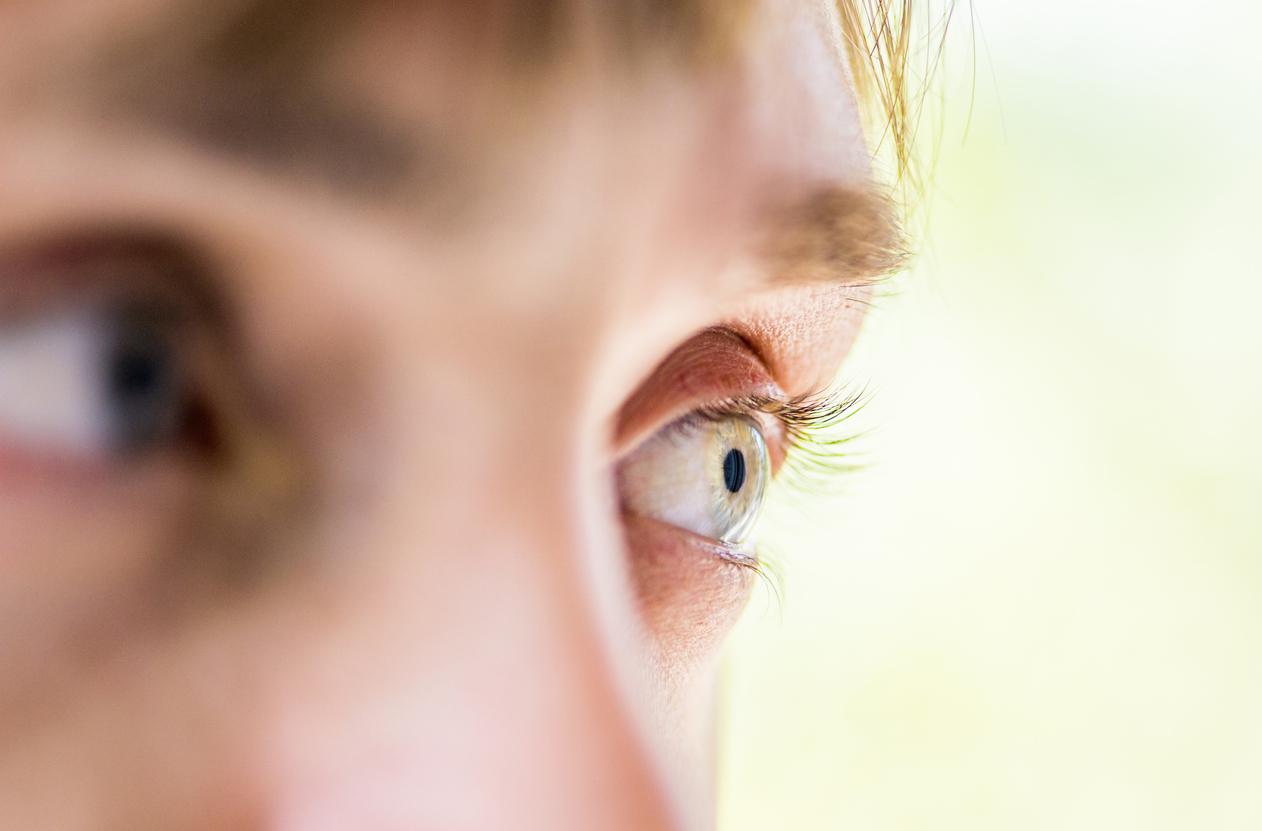A characteristic symptom of a Covid-19 infection at the start of the pandemic in March 2020, the loss of taste and smell now only appears in 16% of cases upon infection with the new Omicron BA.5 variant. If these two symptoms prove to be particularly disabling for those who suffer from them, they could in fact be a good sign: they would be the result of a more robust immune response to the virus.
According to one new study published on December 14, 2022 in the journal Plos One, people affected by a loss of smell and taste after infection with Covid-19 would be more likely to have high levels of antibodies against the virus. Columbia Medical School researchers followed 306 adults infected with SARS-CoV-2 between April and June 2020: 195 reported impaired taste and 196 impaired smell.
After different analyses, including on antibody levels in patients, the researchers concluded that people who reported a smell disorder were 1.98 times more likely to develop antibodies against the virus and those with a loss of taste had a probability 2.02 times higher than those who did not show these symptoms. “Loss of smell and taste during Covid-19 infection are strong predictors of a robust immune response.”confirms the study.
A new study @ColumbiaMed found that people who lost their sense of taste and smell from #COVID-19 in the early months of the pandemic had higher antibody levels, which may have prevented the disease from becoming severe. https://t.co/OQbbo1lIufpic.twitter.com/eDONFJUbaO
— Columbia Med School (@ColumbiaPS) December 14, 2022
“Antibodies may confer protection against reinfection with Covid-19 for at least six months.add the researchers, specifying that these protective antibodies do not guarantee immunity.
The loss of taste and smell would protect against serious forms
In September 2020, a study conducted by the Foch hospital in Suresnes had shown that the appearance of these two symptoms was in fact the sign of a mild form of the disease. In severe cases of Covid-19, only 10-15% of sufferers had loss of taste and smell. Conversely, among the mildest cases, 70 to 85% of patients suffered from one of these two symptoms.
How is it possible ? According to researchers at Foch Hospital, in patients affected by a loss of smell, the virus would have caused a very strong reaction locally which limited the infection to the olfactory bulb and thus blocked the virus. “These patients have a very good immune response and the virus does not pass through the bloodstream, or very little of it, unlike severe patients who do not have an appropriate response at the entry point of the virus, and they have the time to spread all over the body”said Dr. Jérôme Lechien, ENT doctor at the Foch hospital who led the study.
“Subjective chemosensory dysfunction, such as self-reported impairment of smell or taste, is highly predictive of serological response following SARS-CoV-2 infection.”adds the study of Plos One. Researchers now want to carry out additional studies to better understand how this immune response begins, and more importantly, how long it lasts.
Source :
- Chemosensory deficits are best predictor of serologic response among individuals infected with SARS-CoV-2, Plos OneDecember 14, 2022


















